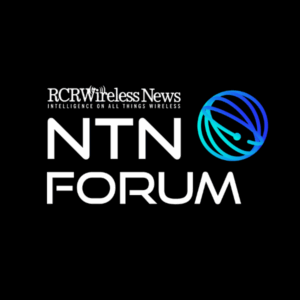This week we speak with Wireless 20/20 on the FCC’s 600 MHz auction, which could see record bids from the likes of Verizon, AT&T and T-Mobile
Few would argue about the complexity of the Federal Communications Commission’s ongoing 600 MHz incentive auction proceedings, with the government conducting the first of its kind process that includes both a reverse- and forward-auction segment.
The reverse-auction proceedings were initially set to begin at the end of March, involve television broadcasters selling back their spectrum licenses to the FCC, while the forward-auction will then see the FCC place those licenses up for bid by telecom operators. However, in announcing it had cleared up to a maximum of 126 megahertz of spectrum for the forward-auction process, the FCC said the reverse-auction would not begin until May 31.
On this week’s Carrier Wrap, we speak with Berge Ayvazian, senior analyst at Wireless 20/20, to discuss the ongoing process. Ayvazian expressed confusion over the FCC’s handling of the reverse-auction process, noting it appeared nothing has really happened auction related since the end of March, and that the claimed 126 megahertz of cleared spectrum is still not a done deal until after the reverse-auction process concludes.
With the FCC noting it expects robust broadcaster participation, Ayvazian said he is now looking at increasing an initial prediction of the forward auction process generating around $40 billion to now expecting the process to generate closer to $50 billion.
With the reverse-auction process now not expected to start until late May, Ayvazian altered his forecast on overall auction timing, noting he did not expect the forward-auction part of the process to begin until late July, with that part of the auction perhaps going into late fall. Ayvazian had previously laid out his expectations for bidding activity amongst auction participants, as well as expected timing and revenue generated from the proceedings.
Somewhat connected, Ayvazian also touched on how Canadian telecom regulators are beginning their own look at auctioning spectrum in the 600 MHz band, though are taking a different approach in terms of extracting that spectrum from its current broadcast owners.
Make sure to check us out again next week when we are scheduled to speak with Michael Thelander, president and founder of Signals Research Group, on where the market is in terms of “5G” development.
Bored? Why not follow me on Twitter






